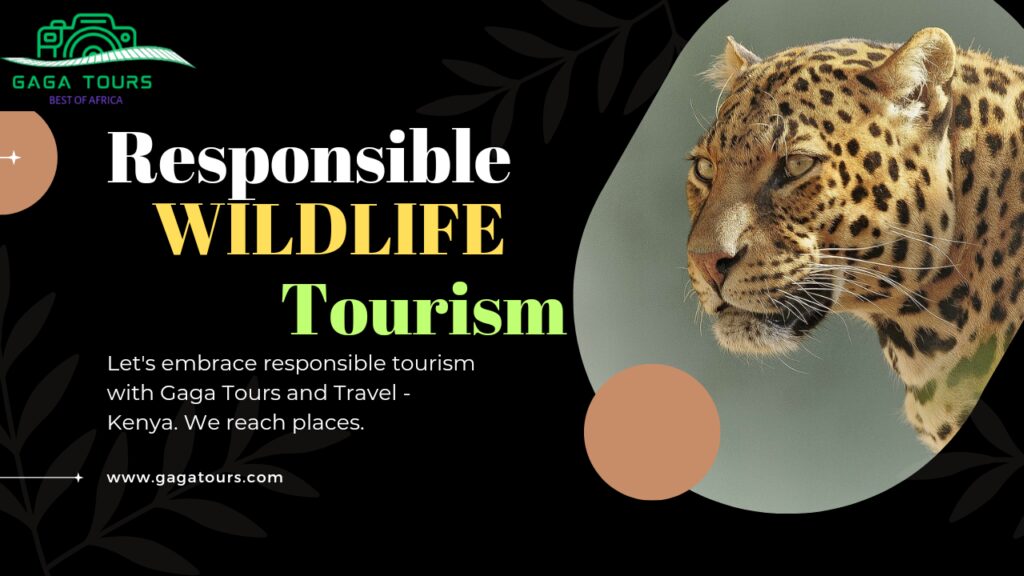Ethical wildlife tourism is important for conservation efforts, community engagement, and supporting wildlife rehabilitation centers. Responsible travel practices prioritize the well-being of animals and their habitats, while also benefiting local communities by providing economic opportunities. Many wildlife tourism operators work with conservation organizations and local communities to protect endangered species and promote sustainable livelihoods. Travelers should follow responsible practices, such as respecting animals’ natural behavior and supporting operators that prioritize conservation and community engagement. By choosing ethical wildlife tourism, travelers can help protect wildlife, preserve habitats, and contribute to community development.
Conservation and Community: The Importance of Ethical Wildlife Tourism
The Role of Ethical Wildlife Tourism
Wildlife tourism has become increasingly popular in recent years, with travelers looking to experience nature up close and personal. However, not all wildlife tourism is created equal. Ethical wildlife tourism involves responsible travel practices that prioritize the well-being of the animals and the preservation of their habitats.
Conservation Efforts
One of the main benefits of ethical wildlife tourism is the support it provides to conservation efforts. Many wildlife tourism operators work closely with local conservation organizations to protect endangered species and their habitats. Through education and awareness programs, tourists can learn about the importance of conservation and how they can help support these efforts.
Wildlife Rehabilitation Centers
Many ethical wildlife tourism operators also support wildlife rehabilitation centers, where injured or orphaned animals are cared for and rehabilitated before being released back into the wild. These centers play a crucial role in helping to protect and preserve threatened species.
Community Engagement
Another important aspect of ethical wildlife tourism is its impact on local communities. By supporting responsible wildlife tourism, travelers can help create economic opportunities for local people, reducing their dependence on activities that harm wildlife and their habitats.
Community-Based Tourism Initiatives
Some wildlife tourism operators work directly with local communities to develop community-based tourism initiatives that provide sustainable livelihoods for residents. By involving local people in the tourism industry, these initiatives help empower communities to protect their natural resources and benefit from their conservation.
Responsible Practices
When engaging in wildlife tourism, it is important to follow responsible practices to ensure the well-being of the animals and the preservation of their habitats. Some tips for practicing ethical wildlife tourism include:
- Respecting the animals’ natural behavior and habitat.
- Keeping a safe distance from wild animals.
- Avoiding activities that harm or stress wildlife.
- Supporting wildlife tourism operators that prioritize conservation and community engagement.
Conclusion
Ethical wildlife tourism plays a crucial role in conservation and community development. By supporting responsible wildlife tourism practices, travelers can help protect endangered species, preserve natural habitats, and contribute to the well-being of local communities. It is important for travelers to be mindful of their impact on wildlife and choose ethical wildlife tourism operators that prioritize conservation and community engagement.
